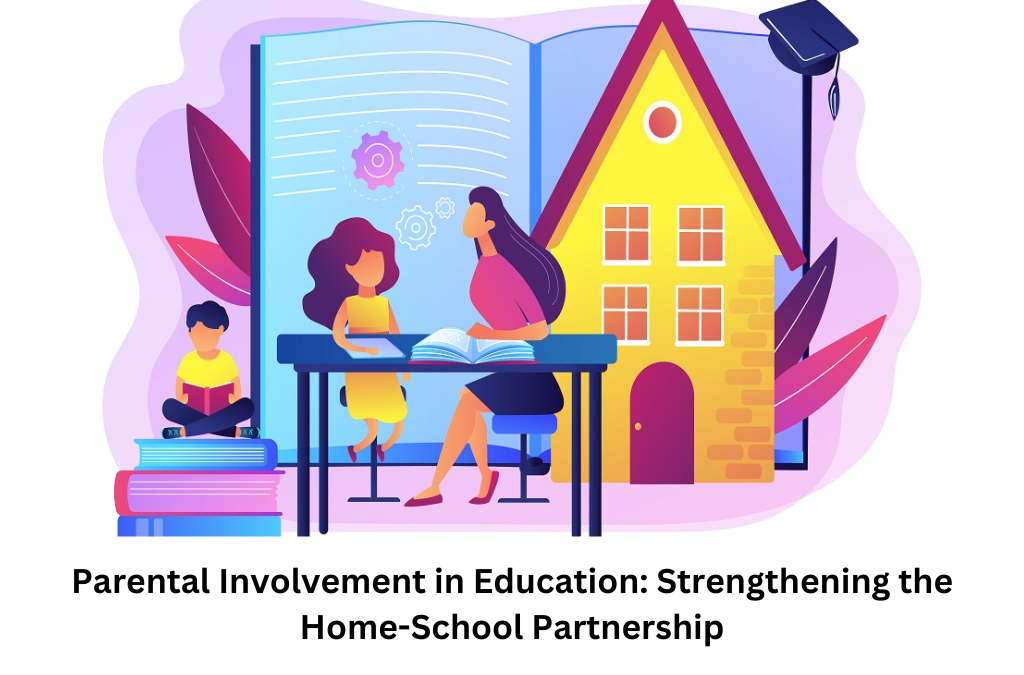

Empowering Education: Home Schooling Parental Involvement
Home schooling is a collaborative effort that thrives on the active participation of parents. In this model of education, parental involvement is not only encouraged but essential for creating a supportive and effective learning environment for the child.
Active Curriculum Planning: Tailoring Education to Individual Needs
One of the primary ways parents contribute to home schooling is through active involvement in curriculum planning. By tailoring the curriculum to the child’s individual needs, interests, and learning pace, parents can ensure a more personalized and engaging educational experience. This approach allows for flexibility and adaptability, accommodating the unique learning style of each child.
Individualized Learning Plans: Adapting to Learning Styles
Home schooling allows parents to create individualized learning plans. Recognizing and adapting to the child’s preferred learning styles, whether visual, auditory, or kinesthetic, enhances the effectiveness of education. Parental involvement in identifying and catering to these styles ensures a more comprehensive and successful learning journey.
Facilitating Hands-On Learning: Turning Concepts into Experiences
Hands-on learning experiences are a hallmark of home schooling, and parental involvement is key to making this aspect impactful. Whether through science experiments, art projects, or field trips, parents actively facilitate hands-on learning, transforming theoretical concepts into tangible experiences that deepen understanding and foster a love for learning.
Real-Time Feedback and Assessment: Tailored Academic Support
Home schooling allows parents to provide immediate and tailored feedback. This real-time assessment ensures that any gaps in understanding are promptly addressed, and concepts are solidified before moving forward. The ongoing dialogue between parent and child enhances the learning process, creating a supportive academic environment.
Nurturing a Love for Reading: Shared Literary Adventures
Reading plays a fundamental role in education, and parents actively contribute to cultivating a love for reading in home-schooled children. By sharing literary adventures, discussing books, and fostering a reading-friendly environment, parents lay the foundation for strong literacy skills and a lifelong appreciation for literature.
Cultivating a Growth Mindset: Encouraging Resilience and Perseverance
Parental involvement extends beyond academics to nurturing a growth mindset. Encouraging resilience and perseverance in the face of challenges is a crucial aspect of home schooling. Parents actively instill the belief that intelligence and abilities can be developed through dedication and hard work, fostering a positive attitude toward learning.
Socialization Opportunities: Building Interpersonal Skills
Contrary to common misconceptions, home-schooled children have ample opportunities for socialization. Parental involvement extends to organizing social activities, playdates, and group outings, allowing children to build essential interpersonal skills and develop meaningful connections with peers.
Preparing for Life Beyond Academics: Practical Life Skills
Home schooling provides a unique opportunity for parents to integrate practical life skills into the curriculum. From financial literacy to cooking, parents can impart valuable skills that extend beyond academic knowledge, preparing their children for the challenges and responsibilities of adulthood.
Home Schooling Parental Involvement: A Collaborative Educational Journey
In conclusion, home schooling thrives on the active engagement of parents in the educational journey. From curriculum planning to fostering a growth mindset and building practical life skills, parental involvement is a cornerstone of this educational model. To explore more insights on home schooling parental involvement, visit Home Schooling Parental Involvement. This resource offers valuable guidance for parents actively engaged in shaping their child’s educational experience.







